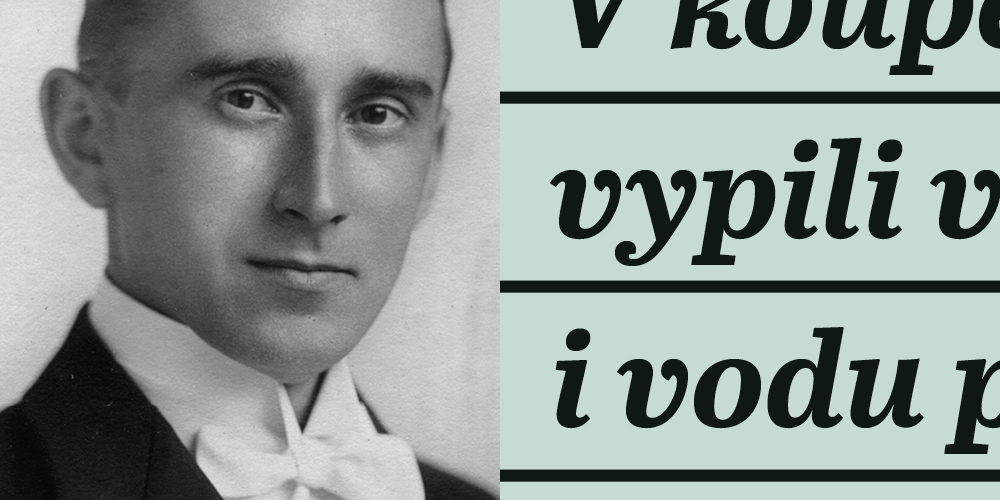
Eighteen-year-old Ivo Feierabend, son of pre-war Minister of Agriculture Ladislav Feierabend, saw the theft and violence committed by the Red Army in May 1945. His father was unusually brave during the war. He escaped from the Gestapo to England and became an associate of President Beneš. His son Ivo, his daughter, and his wife remained in the Protectorate, and part of the family was imprisoned by the Nazis in a concentration camp.
Ivo remembers the end of the war with deep gratitude to all those who liberated this country. But he also witnessed the crimes of the Soviet soldiers: “You were riding a bicycle, a Soviet soldier stopped you, ripped your bicycle out of your hands, and rode off. Or their “Your watch!” he explains. He remembers how a Soviet soldier demanded that his father repair his watch: “It wasn’t a watch, it was a compass! The soldier couldn’t understand why the hand was turning. Again and again he asked my father to fix it for him. My dad patiently tried to explain. The soldier still didn’t understand and began to lose patience. It looked like he was going to shoot everyone on the spot,” recalls Ivo Feierabend, professor emeritus of political science and philosophy at the University of San Diego in the USA.
His father Ladislav Feierabend escaped arrest by the StB after February 1948. It was Ivo who opened the door of the family villa in Prague to the StB officers banging on it. He stuck his pipe in mouth and his sister warned their father, just as had been planned. His father managed to jump out of the window into the garden just as the StB officers were stomping up the stairs to his study. With the help of some brave people, the other members of the family then fled to the West.
Liberation
Nazi Germany was defeated in the Second World War by the determination, bravery, and combat deployment of soldiers from the United States, Great Britain, Poland, France, the Soviet Union, and other countries and nations. But the Soviet Union, led by the dictator Stalin, did not join the Allies until it itself was attacked by the Nazis in June 1941. Until then, the USSR had acted as a partner of Nazi Germany in the spirit of the Molotov-Ribbentrop Pact concluded shortly before the outbreak of the war. At that time, when tens of thousands of Czechoslovaks fled from the Nazis to the USSR, they often ended up in gulag labor camps. The Red Army did not enter the war until the summer of 1941 after Nazi Germany had invaded.
The Soviet Union deployed over six million soldiers to the Eastern Front. We can speak of great heroism and huge losses. The Red Army, with great effort, defeated the better armed and trained German Wehrmacht, and with it the prestige of the “land of the Soviets” logically grew. However, when we talk about the liberation of Czechoslovakia, we must mention, besides the Soviet victims (up to 140,000 Red Army soldiers are said to have died), the tens of thousands of our soldiers fighting alongside the Allies on the Eastern and Western fronts, the brave Slovak insurgents, the paratroopers, partisans and thousands of their helpers, the insurgents from the barricades of Czech towns at the end of the war, and last but not least the soldiers of the American Army who liberated part of the Czechoslovak territory from the west, as well as the forgotten Romanian soldiers advancing with the Soviets from the east. On 8 May 1945, after six long years, peace reigned in Europe and Czechoslovakia became a liberated country. But not free.



